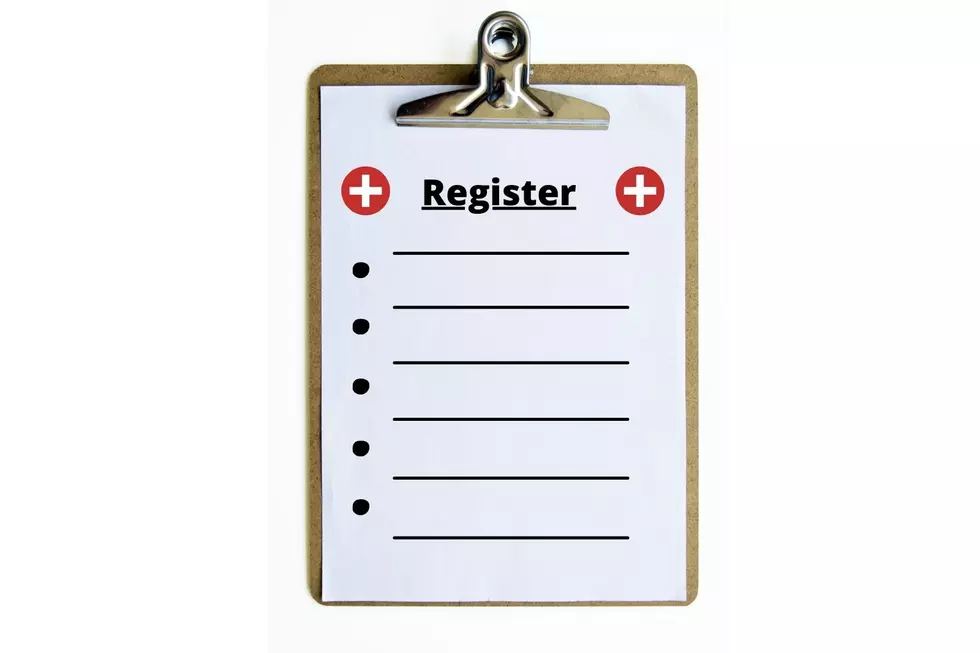
Flu and Covid Boosters Are Here…Should You Get Them Together?
The newest Covid boosters are introducing a new word into our vocabulary. It's not like Covid didn't introduce a lot of new words into the vernacular. The newest Covid related word is "bivalent". It means having two combining sites, a bivalent antibody capable of binding to two molecules of an antigen.
The CDC says the new omicron bivalent boosters are a big improvement over previous Covid vaccines and they are recommending them for individuals 18 and older for use as a booster dose.
It is also that time of the year, when people usually begin the annual ritual of getting influenza shots. So, the question of the hour is: should you get your bivalent omicron covid booster and your flu shot at the same time?
The CDC says "yes" and the sooner the better.

Dr. Lisa Grohskopf told physicians in a conference call last week that "Right where we are now--that's a good time to be vaccinated." Since flu usually peaks in February, its a little earlier than usual for flu shots. Experts are afraid people will only get their covid booster then won't make a second trip for their influenza shots.
Doctors also warn that flu season could start early this year, if what has been happening in other parts of the country are any indication.
"I really believe this is why God gave us two arms, one for the flu shot and the other one for the Covid shot", Dr. Ashish Jha the White House Covid coordinator said at a press briefing on September 6th.
If you roll up both sleeves for the new bivalent Covid booster and flu shot at the same time and do it soon, you might just learn another new word this winter--ensconced. It means to establish or settle in a comfortable, safe or secret place. It sounds like a great word and a great reward for just a few moments of discomfort.
KEEP READING: See 25 natural ways to boost your immune system
More From 98.7 Kiss FM









